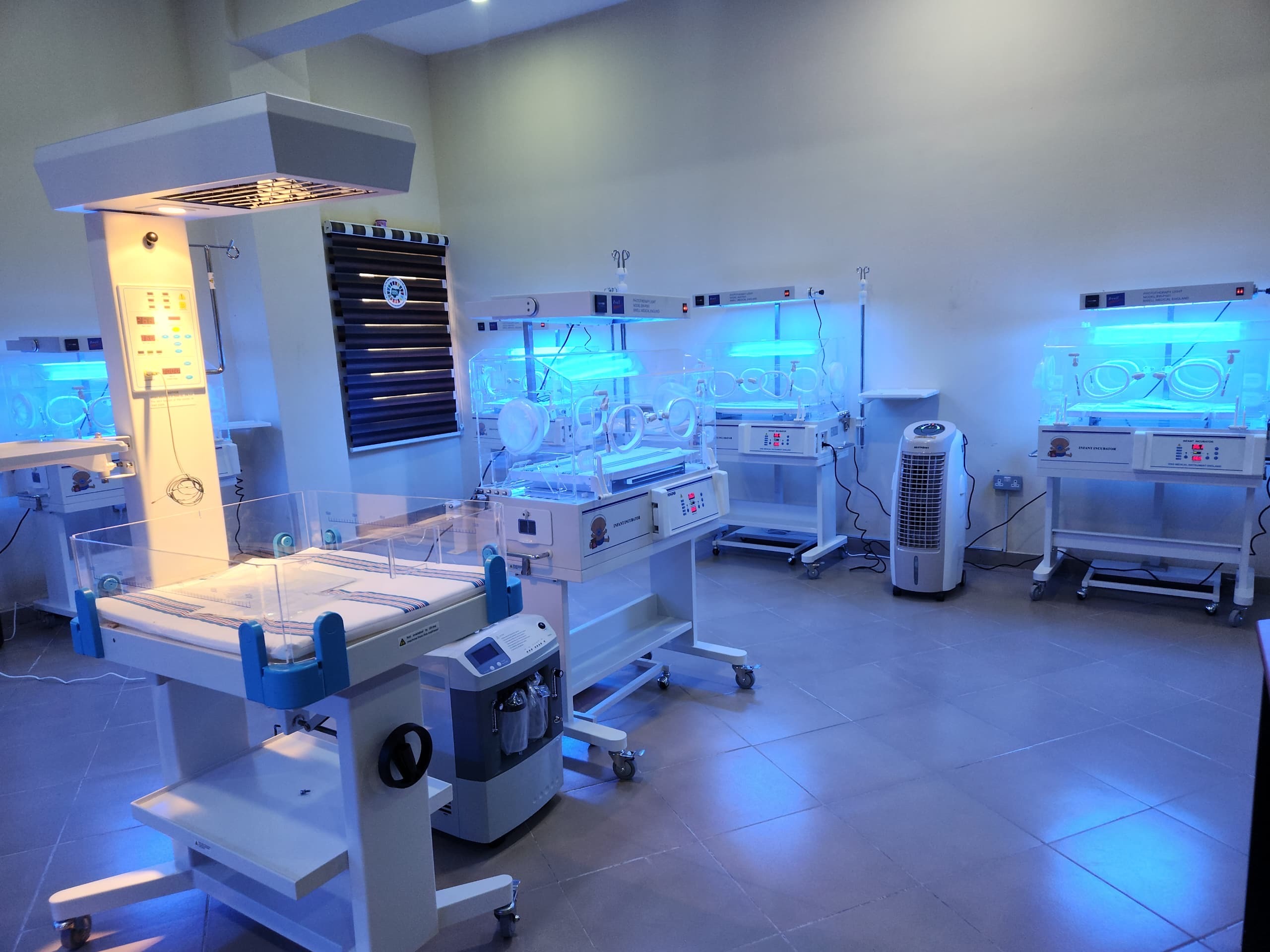The Federal Government has commissioned a 100-bed Renewed Hope Mother and Child Specialist Hospital in Oko-Ita, Ibiono Ibom Local Government Area of Akwa Ibom State, marking a significant stride in efforts to improve maternal and child health services in underserved areas.
The facility, constructed and fully equipped through the Office of the Senior Special Assistant to the President on Sustainable Development Goals (OSSAP-SDGs), is part of the broader implementation of President Bola Tinubu’s Renewed Hope Agenda. It is specifically targeted at delivering essential healthcare services to women and children in rural communities.
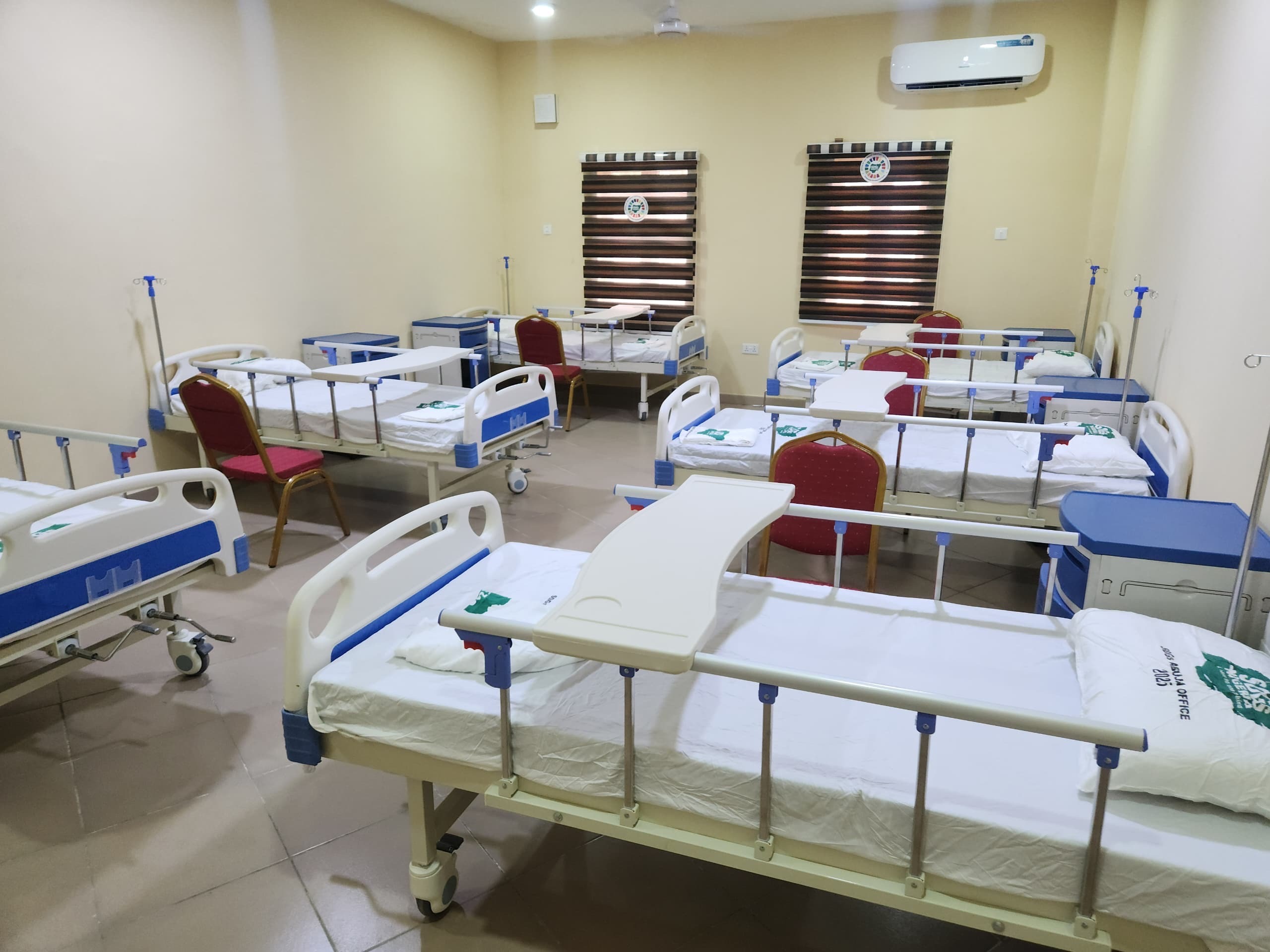
Commissioning the hospital on Wednesday, Akwa Ibom State Governor Umo Eno—represented by Deputy Governor Senator Akon Eyakenyi—commended President Tinubu for his focus on strengthening healthcare delivery at the grassroots level.
“Our President understands that health is wealth. The commissioning of this hospital speaks to his commitment to addressing the healthcare needs of the people and achieving Sustainable Development Goal 3 on good health and well-being,” Governor Eno stated.
The Senior Special Assistant to the President on SDGs, Princess Adejoke Orelope-Adefulire, OFR, described the hospital as more than just a physical infrastructure, noting that it represents the administration’s resolve to prioritise the health and dignity of mothers and children across Nigeria.
“We are not merely unveiling a health facility. We are reaffirming our collective commitment to delivering quality healthcare to our mothers and children,” she said.
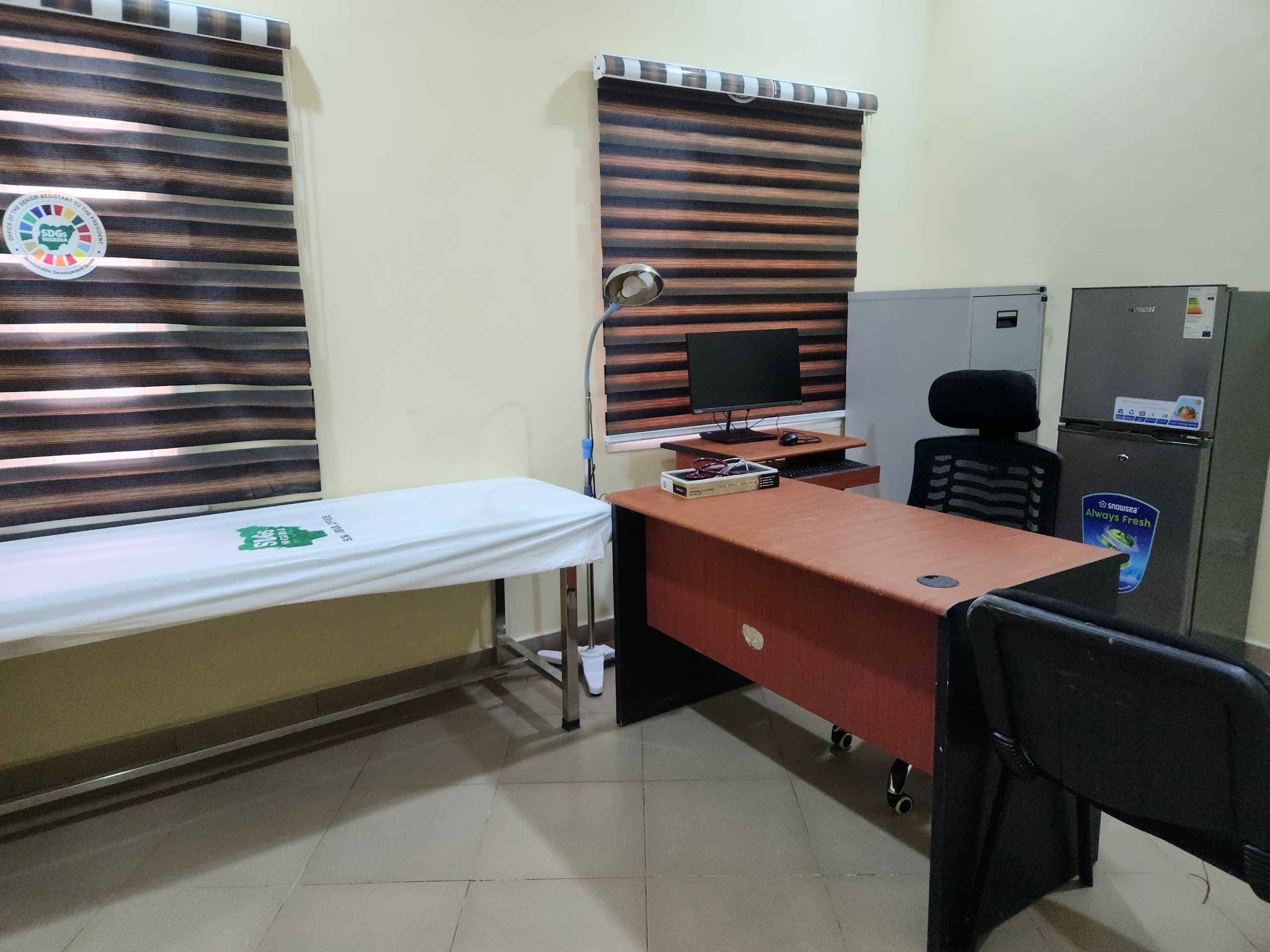
Highlighting the facility’s alignment with national development priorities, she stressed that inclusive growth begins with accessible and dignified healthcare. “The project reflects our unwavering focus on social inclusion and equitable development,” she said.
The hospital is equipped with state-of-the-art medical infrastructure, including operating theatres, recovery rooms, private and general wards, consultation rooms, a laboratory, and a scanning room. Additional features include an ultrasound machine, a vacuum extractor delivery set, and an emergency cart—tools designed to support safe maternal delivery and paediatric care.
Princess Orelope-Adefulire also acknowledged the broader global health context, citing the 2024 SDGs Progress Report, which pointed to the impact of what she called the “Triple C” crises—Climate, Conflict, and COVID-19—on health systems. She said the new hospital stands as “a beacon of hope and strategic progress.”
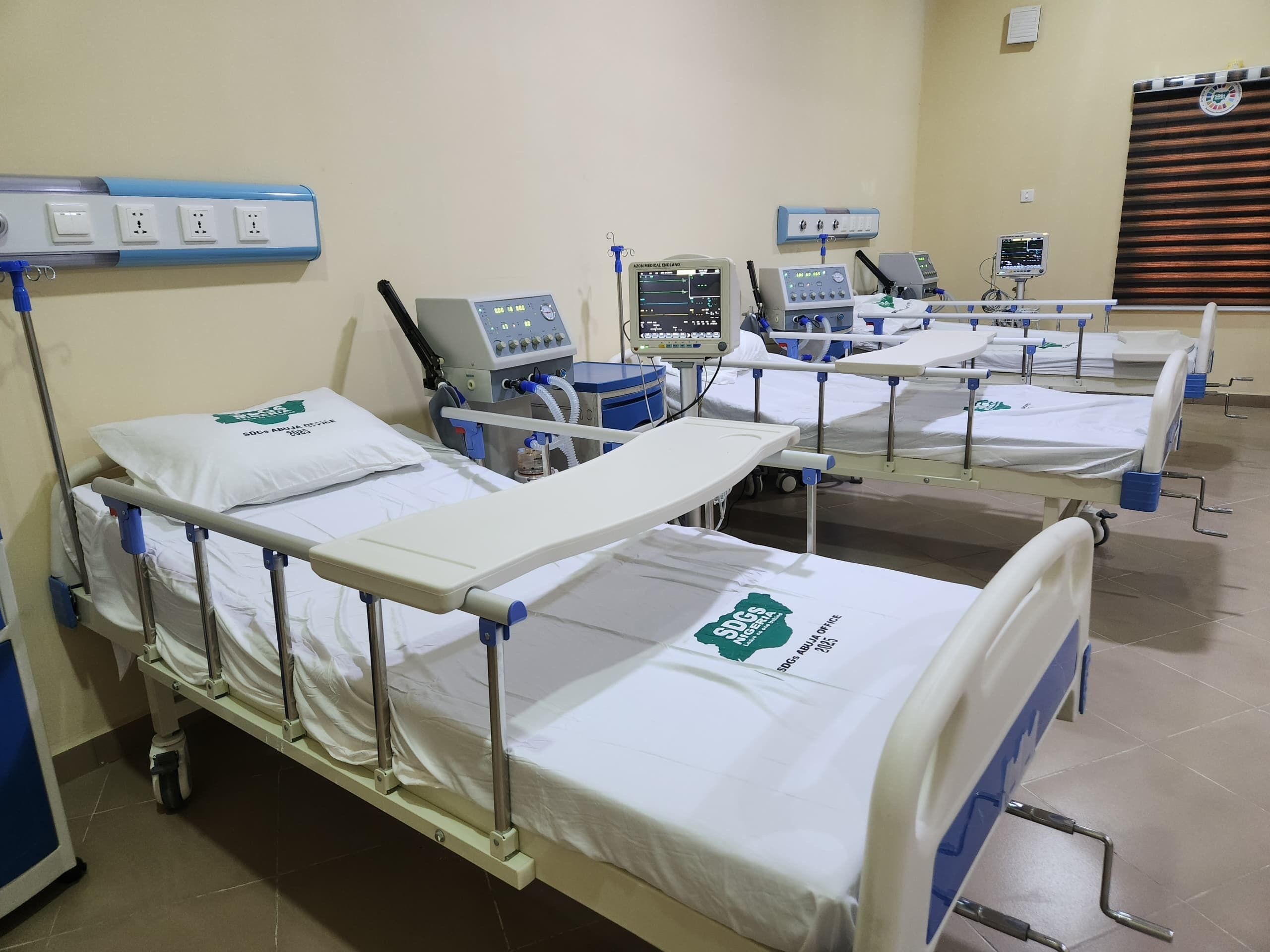
She urged the Akwa Ibom State Government, traditional institutions, health workers, and community stakeholders to take full ownership of the facility to ensure its longevity and effectiveness in meeting healthcare needs.
“The real test of this intervention lies in how well it is maintained and utilised. We need community support to make this a sustainable success,” she said.
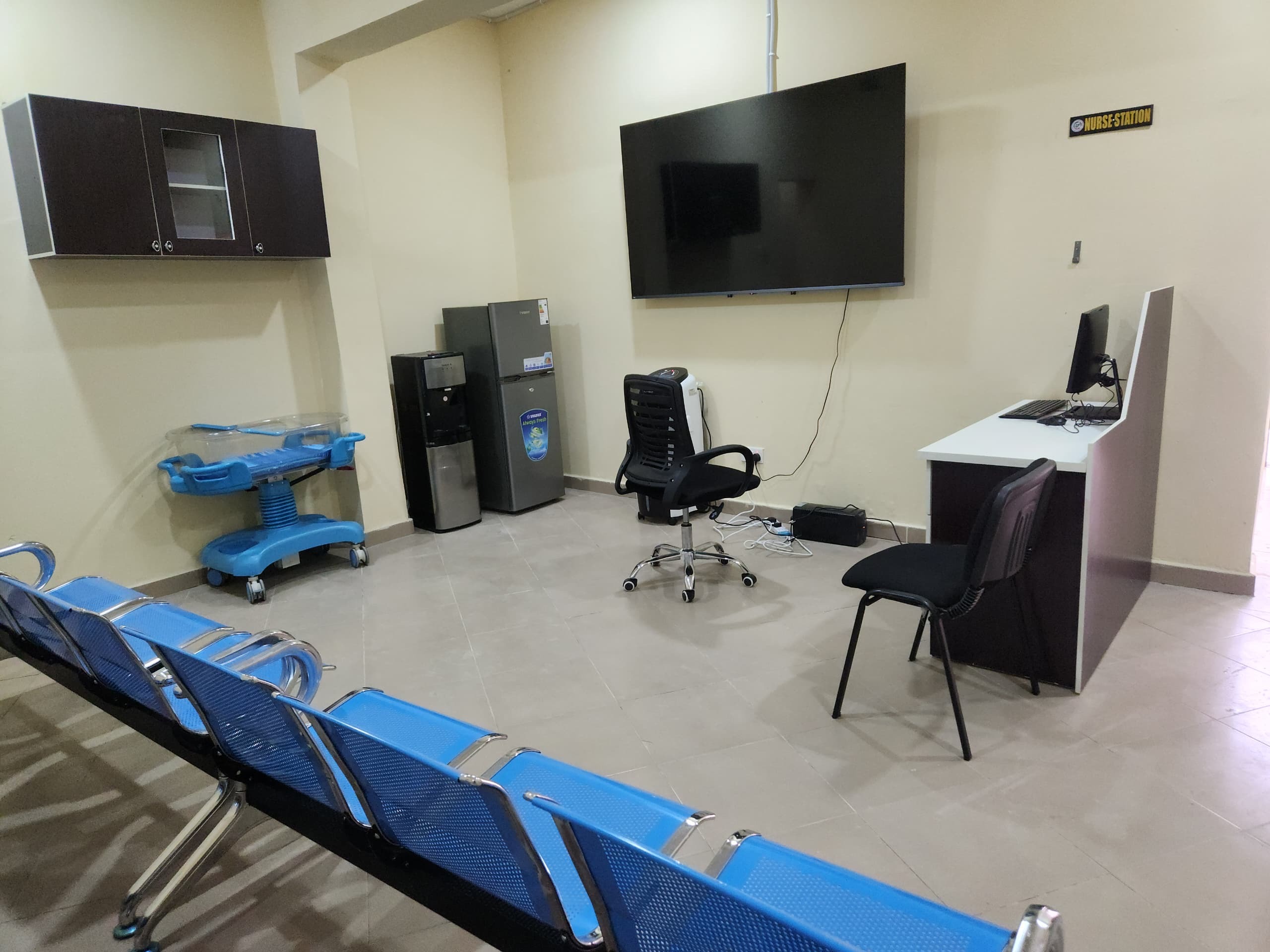
In a statement, Special Assistant on Media, Publicity and Strategic Communications, Desmond Utomwen, said the commissioning underscores the OSSAP-SDGs’ commitment to translating policy into visible impact. He described the hospital as a product of federal-state collaboration and a model for multi-level partnerships in development.
The newly commissioned hospital is expected to serve as a critical health hub for Ibiono Ibom and neighbouring communities, contributing to national efforts to reduce maternal and child mortality and improve access to quality healthcare in Nigeria’s rural regions.
